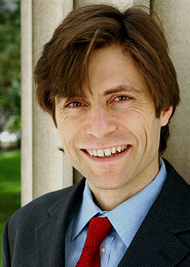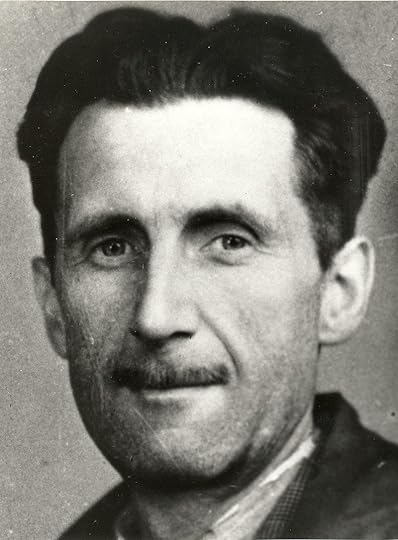Multiverse proponent Max Tegmark on how AI could run the world

Max Tegmark, Professor of Physics
In his book, Life 3.0: Being Human in the Age of Artificial Intelligence, (2017), MIT physics prof Tegmark offers a science fiction scenario for how AI colossus Prometheus, produced by a group of idealistic programmers, the Omegas, could take over the world. And not only take over the world but make it a bureaucrat’s idea of a vastly better place. To top it off, Prometheus produces an astonishing array of popular entertainment along the way:
The Omegas noticed that after Prometheus had binge-watched a few hundred films, it started to get quite good at predicting what sort of reviews a movie would get and how it would appeal to different audiences. Indeed, it learned to write its own movie reviews in a way they felt demonstrated real insight, commenting on everything from the plots and the acting to technical details such as lighting and camera angles. They took this to mean that when Prometheus made its own films, it would know what success meant.
So Prometheus, unlike human authors, does not need to experience life in order to understand it…
Political commentators noted that, in parallel with damping regional conflicts, there seemed to be a concerted push toward reducing global threats. For example, the risks of nuclear war were suddenly being discussed all over the place. Several blockbuster movies featured scenarios where global nuclear war started by accident or on purpose and dramatized the dystopian aftermath with nuclear winter, infrastructure collapse, and mass starvation. Slick new documentaries detailed how nuclear winter could impact every country. Scientists and politicians advocating nuclear de-escalation were given ample airtime, not least to discuss the results of several new studies on what helpful measures could be taken—studies funded by scientific organizations that had received large donations from new tech companies. As a result, political momentum started building for taking missiles off hair-trigger alert and shrinking nuclear arsenals. Renewed media attention was also paid to global climate change, often highlighting the recent Prometheus-enabled technological breakthroughs that were slashing the cost of renewable energy and encouraging governments to invest in such new energy infrastructure. Max Tegmark, “The Last Invention of Man: How AI might take over the world” at Nautilus
Imagine. In AI-topia, people enjoy dogma-tainment and blindly follow its directive advice. More.

George Orwell
See also: Could AI write novels? George Orwell thought so, as long as no thinking was involved.
Serious literature will always be written, to borrow a phrase from Winston Churchill, in “blood, toil, tears and sweat” because imaging the human condition accurately is part of its nature. And if the writer lives in an unfree society, it will also be written in fear.
and
Materialist’s dream: Consciousness as a state of matter (Tegmark’s perceptronium)
Copyright © 2018 Uncommon Descent . This Feed is for personal non-commercial use only. If you are not reading this material in your news aggregator, the site you are looking at is guilty of copyright infringement UNLESS EXPLICIT PERMISSION OTHERWISE HAS BEEN GIVEN. Please contact legal@uncommondescent.com so we can take legal action immediately.
Plugin by Taragana
Michael J. Behe's Blog
- Michael J. Behe's profile
- 219 followers



